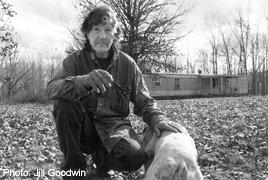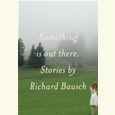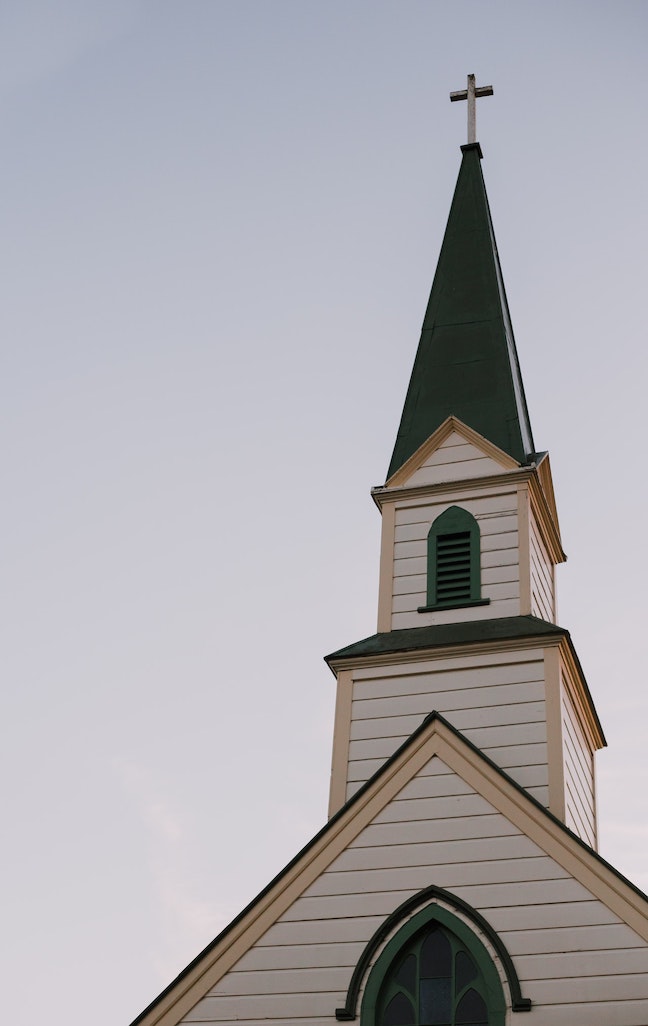Saying Something Deeper
William Gay didn’t care about the trivial, either in life or in art
Last summer, at the Sewanee Writers’ Conference, I saw William Gay for the last time. Before that day, I hadn’t seen him since 2005, when we had a long conversation in the bar of a Nashville hotel about writers and writing and editors and life. William was only at Sewanee for a day. He’d come up to take part in a panel discussion about Barry Hannah. As always, someone else drove him—in this case, Tom Franklin. Prior to the panel discussion, when I walked over to give him a hug, he said, “Can we step outside, Steve? There’s something I’ve been wanting to ask you.”
When we got outside, William told me that the previous year, in an off-handed remark, a fellow friend and writer had told him that I once called him “unpredictable.” He said, “I was wondering what you meant by that.”
 I didn’t recall having made the remark, though I’m sure that I did because the mutual friend is a fine person who doesn’t tell lies. And in any case, I knew what I would’ve been referring to, so I explained myself to William, reminding him that in 1999, when I was Grisham Writer in Residence at Ole Miss, he’d called my wife and me at least four or five times and asked if he could come visit us and spend the night and we always said yes, though he actually showed up only once. After the second or third time, I told him, we assumed that he might or might not come, and this was what I meant when I labeled him “unpredictable.”
I didn’t recall having made the remark, though I’m sure that I did because the mutual friend is a fine person who doesn’t tell lies. And in any case, I knew what I would’ve been referring to, so I explained myself to William, reminding him that in 1999, when I was Grisham Writer in Residence at Ole Miss, he’d called my wife and me at least four or five times and asked if he could come visit us and spend the night and we always said yes, though he actually showed up only once. After the second or third time, I told him, we assumed that he might or might not come, and this was what I meant when I labeled him “unpredictable.”
“Oh,” William said with palpable relief, “so that’s all it was. I was scared you might be saying something deeper.”
William didn’t care about the trivial, either in life or in art. Every conversation I ever had with him was intense, in the same way that the stories in his brilliant collection I Hate to See that Evening Sun Go Downare intense. He once called me in California to discuss marriage, and the conversation lasted three hours. I said things to him that I have not said to anybody else, and I’m sure he did the same. We once sat in the bar at Oxford’s City Grocery and discussed Larry McMurtry’s novel Lonesome Dove for the better part of an afternoon, and I will never forget William’s last word on the subject. “I don’t care what anybody else says: that’s a great American novel.”
The quality I prized most in William, both as a writer and a person, was that he didn’t necessarily care what anybody else said, unless what they were saying was deeply considered, thoughtfully and humanely expressed. I knew him for thirteen years, and it was clear to me that he understood our time on this earth is perilously short and not to be wasted on trivialities. He put his days and his nights to the best possible use, crafting a body of fiction that will be read long after almost all of his contemporaries have been forgotten.
Steve Yarbrough is the author of eight books, most recently Safe From the Neighbors. He lives in Stoneham, Massachusetts, and teaches in the writing program at Emerson College.


